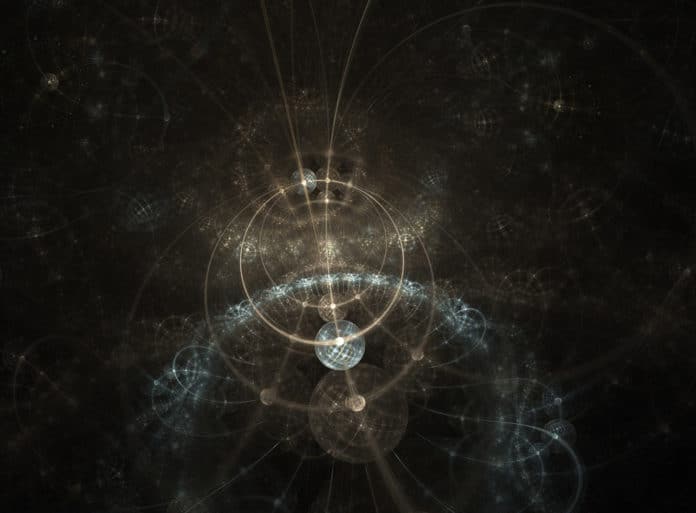New groundbreaking technique reveals new details on the long-theorized fifth force of nature
It also uncovered new information about an important subatomic particle.
By Amit Malewar
- September 10, 2021

Image: Pixabay
The Standard Model is currently the widely accepted theory of how particles and forces interact at the smallest scales. It describes three fundamental forces in nature: electromagnetic, strong, and weak nuclear force.
But it’s an incomplete explanation of how nature works. Also, other theories suggest the possible presence of a fifth force.
Using a newly developed groundbreaking technique called neutron pendell¨osung interferometry, scientists revealed previously unknown properties of technologically crucial silicon crystals. The method also revealed essential information about a crucial subatomic particle and a long-theorized fifth force of nature.
Scientists mainly focused on subatomic particles called neutrons at silicon crystals. They then monitored the outcome with intense sensitivity.
They obtained three significant results:
The Standard Model is currently the widely accepted theory of how particles and forces interact at the smallest scales. It describes three fundamental forces in nature: electromagnetic, strong, and weak nuclear force.
But it’s an incomplete explanation of how nature works. Also, other theories suggest the possible presence of a fifth force.
Using a newly developed groundbreaking technique called neutron pendell¨osung interferometry, scientists revealed previously unknown properties of technologically crucial silicon crystals. The method also revealed essential information about a crucial subatomic particle and a long-theorized fifth force of nature.
Scientists mainly focused on subatomic particles called neutrons at silicon crystals. They then monitored the outcome with intense sensitivity.
They obtained three significant results:
The first measurement of a critical neutron property in 20 years using a unique method.
The highest-precision measurements of the effects of heat-related vibrations in a silicon crystal.
Limits on the strength of a possible fifth force beyond standard physics theories.
The research was an international collaboration conducted at the National Institute of Standards and Technology (NIST).
Dmitry Pushin, a member of the University of Waterloo’s Institute for Quantum Computing, said, “This was a multi-year experiment, and we had great results that are technically exciting and opens the door to future technologies.”
No comments:
Post a Comment